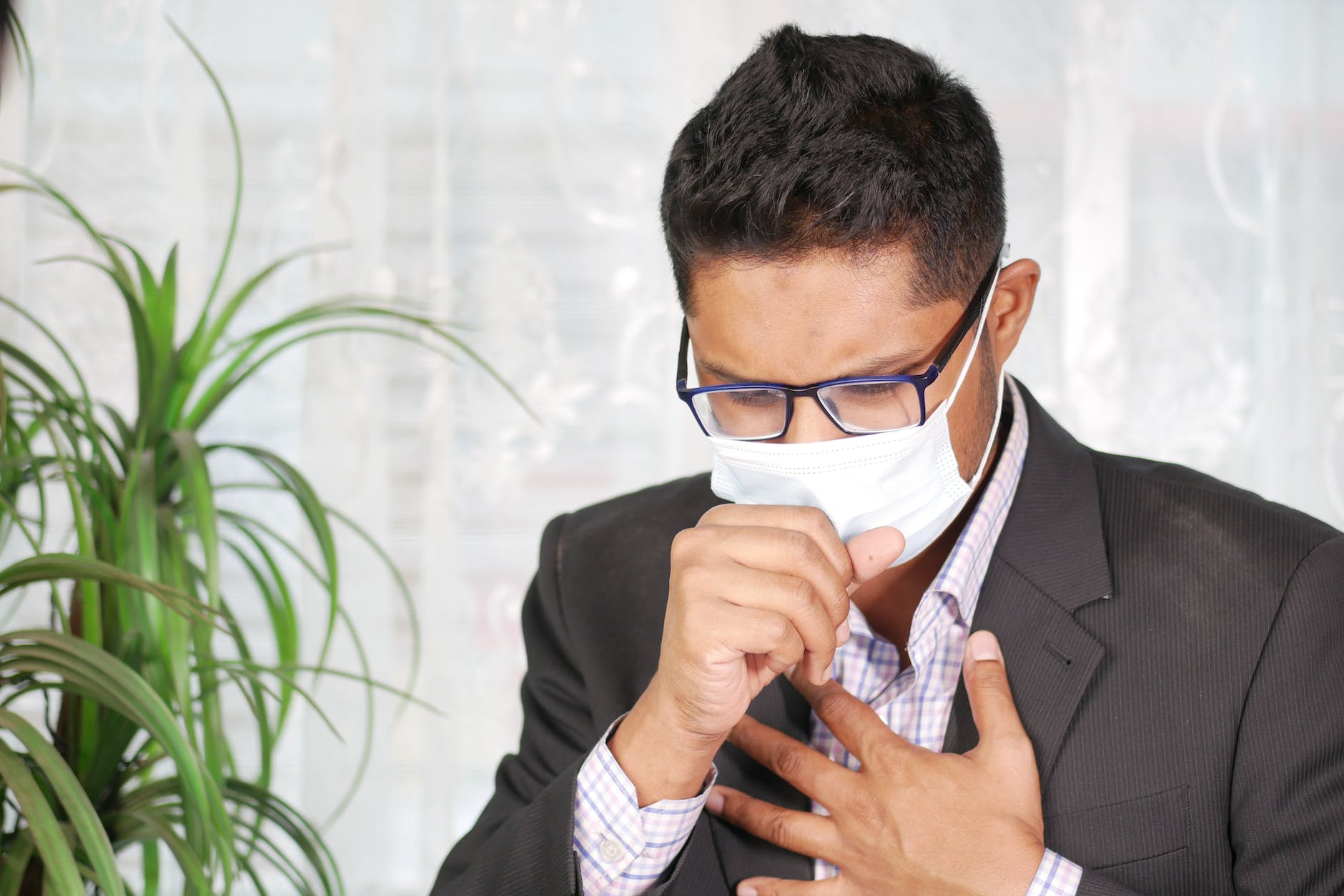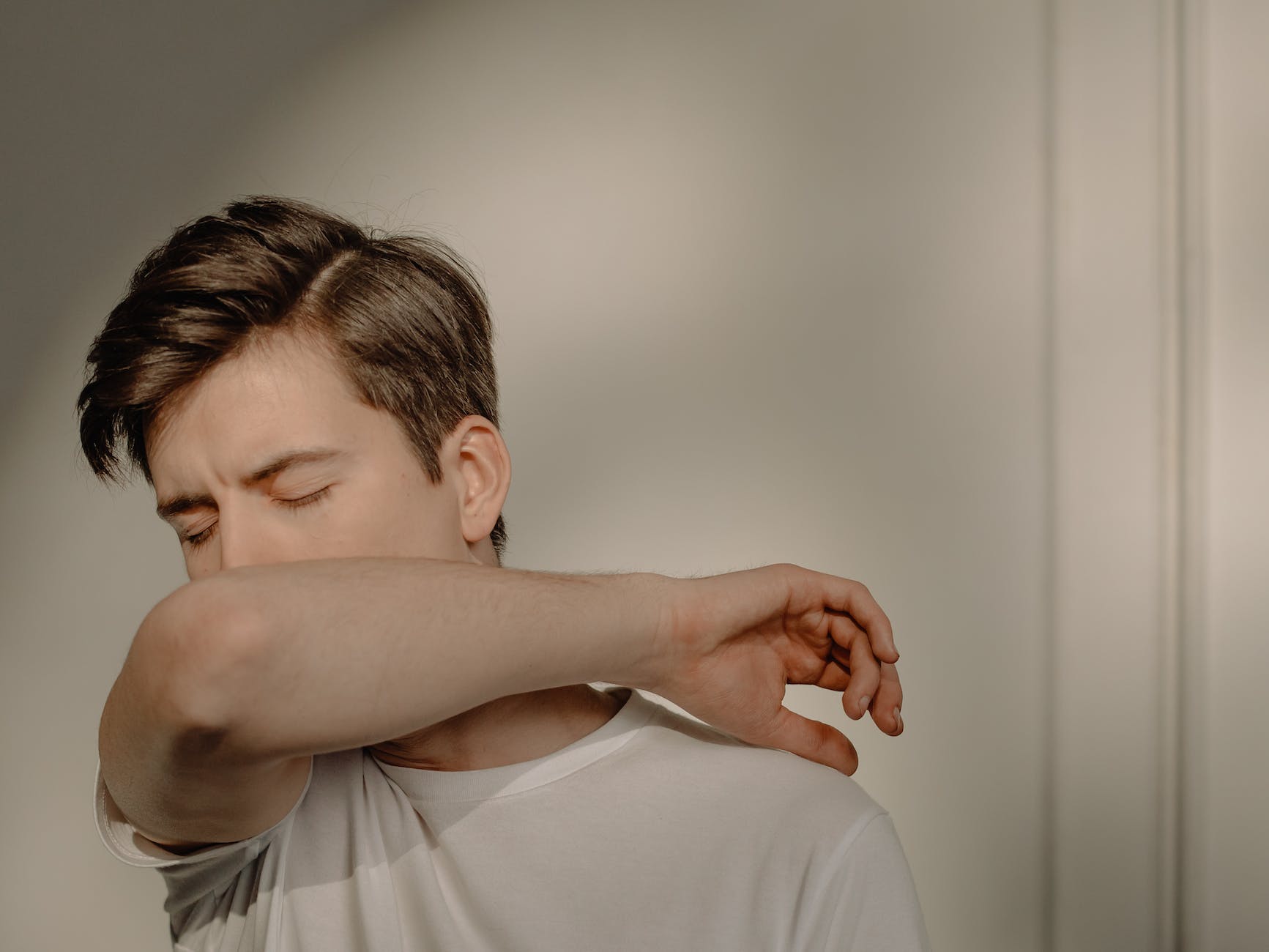Here you will learn about “how to stop a coughing attacks“.
Coughing is a reflex action that occurs when the body tries to clear the airways of mucus, foreign particles, or irritants. It is a natural defense mechanism of the body to protect the respiratory system from potential harm.
You should use following tips to stop coughing attacks.
- Stay Hydrated: Drinking plenty of fluids can help to keep the throat moist and reduce the frequency and severity of coughing attacks. Water, warm tea, and clear broth are some of the best choices.
- NOTE: Avoid alcohol and caffeinated beverages, as they can dehydrate the body and worsen the cough.
- Gargle with Saltwater: Gargling with warm saltwater can help to soothe the throat and reduce coughing.
- Mix a teaspoon of salt in a glass of warm water and gargle for 30 seconds before spitting it out.
- Use Steam: Inhaling steam can help to loosen mucus and reduce coughing. Take a hot shower, or fill a bowl with hot water and lean over it with a towel over your head to trap the steam.
- Avoid Triggers: If you know what triggers your coughing attacks, try to avoid them as much as possible. Common triggers include smoke, pollution, allergens, and cold air.

- Rest: Getting plenty of rest can help to boost your immune system and reduce the severity of coughing attacks.
- Make sure to get at least 7-8 hours of sleep each night and avoid strenuous activities that can worsen the cough.
- Use a Humidifier: Dry air can irritate the throat and trigger coughing. Using a humidifier can help to add moisture to the air and reduce coughing attacks. Keep the humidity level between 30 and 50 percent, and clean the humidifier regularly to prevent the growth of bacteria and mold.
- Try a Cough Suppressant: Over-the-counter cough suppressants like dextromethorphan can help to reduce the urge to cough. However, use them only as directed and avoid giving them to young children.
Types of coughing
There are two types of cough. 1. productive cough and 2. Non-productive cough.
1. Productive cough:
This type of cough produces phlegm or mucus that comes up from the lungs or airways. It is often associated with respiratory infections, such as bronchitis or pneumonia.
2. Non-productive cough
This type of cough does not produce any phlegm or mucus. It is called dry cough. It is usually caused by irritation in the throat or upper airway, such as allergies or a viral infection.
Classified of coughs based on their duration
Cough classified into three types on the base of their duration time. Acute, subacute and chronic cough.
Acute cough
This type of cough lasts for less than three weeks and is often caused by a viral infection.
Subacute cough
This type of cough lasts between three and eight weeks and is often associated with postnasal drip or a lingering viral infection.
Chronic cough
This type of cough lasts for more than eight weeks and can be caused by a variety of factors, including asthma, allergies, acid reflux, or smoking.
